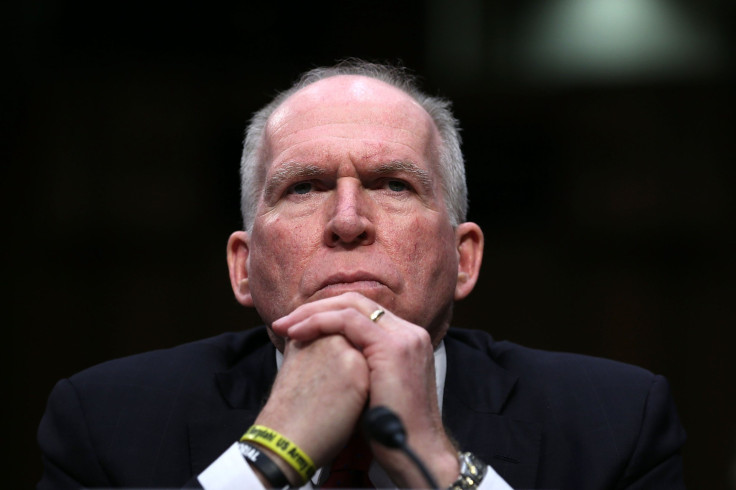Senate Torture Report Lacks Recommendations For Change, But Does The CIA Need It?

Here's what's missing from the U.S. Senate's massive report on the sometimes gruesome ways the Central Intelligence Agency tried to extract information from the 119 suspects it captured in the aftermath of 9/11: any recommendations on how the CIA can reform -- or whether it even needs to.
“I think maybe one of the reasons they didn’t provide recommendations is, most of these issues regarding enhanced interrogation and whether waterboarding was permitted have all been dealt with, either during the Bush administration or by the beginning of the Obama presidency,” said Steven Groves, a senior research fellow at the conservative-leaning Heritage Foundation and one-time senior counsel to former Minnesota Republican Senator Norman Coleman, who sat on the Senate Permanent Subcommittee on Investigations. "All of the remedies that would normally flow from a report like this have already been done, and done for years now."
The CIA’s so-called enhanced interrogation techniques were addressed as far back as June 2004 when the then-new head of the Justice Department’s Office of Legal Counsel rescinded an August 2002 memo giving the CIA after-the-fact permission to use harsh interrogation techniques. By December 2004, a new memo was issued by the acting head of the department, Daniel Levin, denouncing torture and broadening its definition.
But the issue refused to go away and caused friction between the White House and Congress. Between May 2005 and July 2007, enhanced interrogation techniques were banned, then permitted again, by Justice Department memos, Supreme Court rulings, laws passed by Congress and executive orders by then-president George W. Bush. An executive order in July 2007 allowed the CIA to use some interrogation techniques that were banned for military interrogations but that the DOJ had determined did not violate the Geneva Convention. By April 2008, the CIA had discontinued the techniques and said it no longer held any detainees.
And not long after President Barack Obama was sworn into office in January 2009, he signed orders that would end secret prisons and ban methods that were still being used by the CIA overseas. Only interrogation techniques that were authorized by the Army Field Manual would be allowed from then on.
Pat Eddington, a policy analyst and homeland security expert at the libertarian Cato Institute and former CIA military imagery analyst, said there's still room for wide-ranging change within the agency, which should go back to its original mission of spying and doing nothing else.
“There have been some folks that have talked about trying to do something legislatively to reinforce the ban on torture, which is already in statute and exists in title 18 in the U.S. code,” said Eddington. “So I think the real key here is that we get the CIA out of the detention business altogether.”
According to Eddington, the CIA should strictly be in the business of gathering, analyzing and disseminating information. “That was the entire purpose of its creation when President Truman created the agency [in 1947],” he said. “There is no way the agency should be involved in paramilitary activity, such as drones strikes, kidnap or torture. Absolutely not.”
But whether or not such changes will in fact happen remains to be seen. The report presented by Sen. Dianne Feinstein, D-Calif., is only two days old, and Republicans, some of whom have attacked the report’s timing and what they called partisan slant, are about to take control of Congress. That may make changes to the CIA unlikely, especially if there is no political will in Congress to push for them.
© Copyright IBTimes 2025. All rights reserved.






















